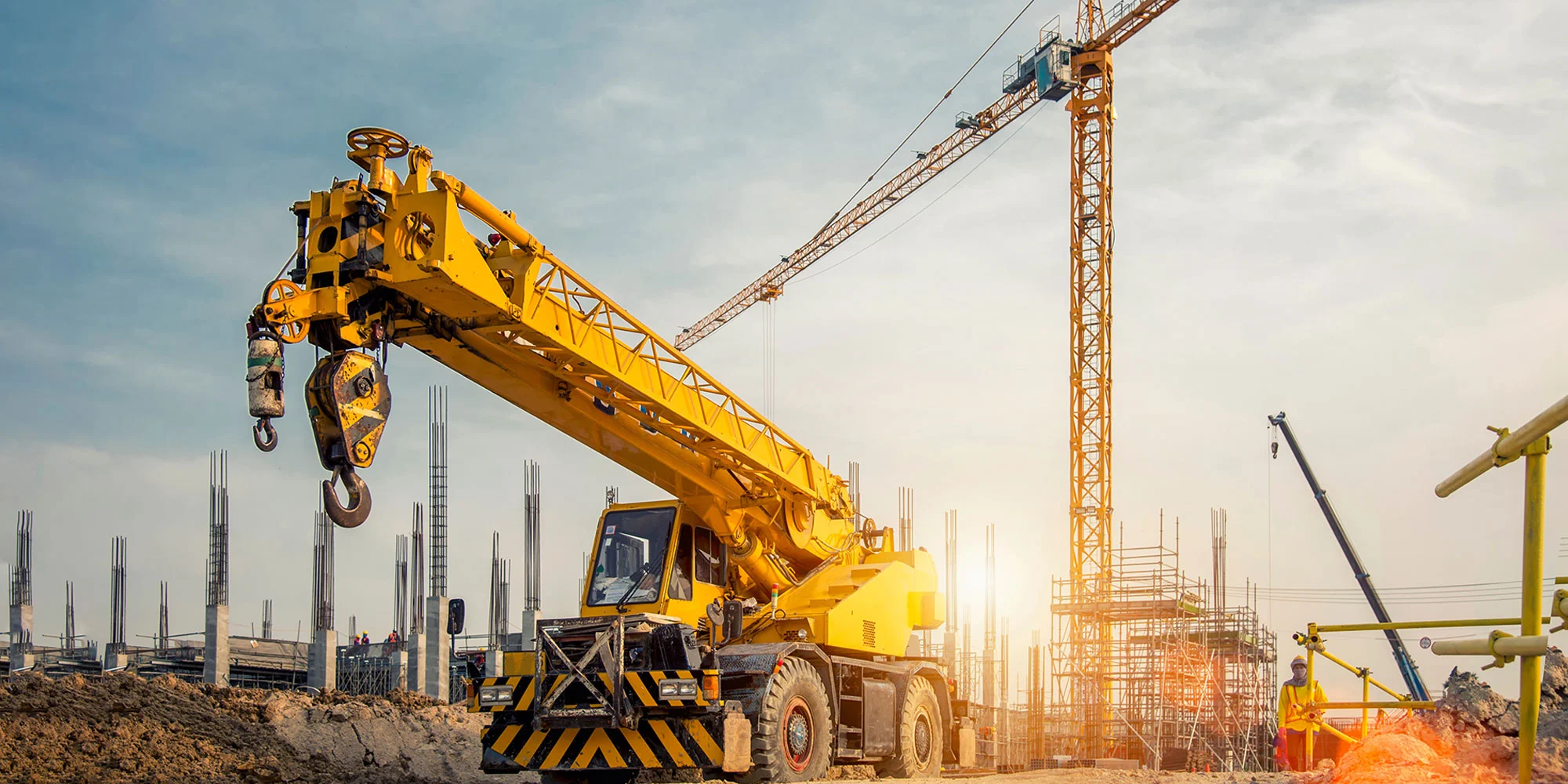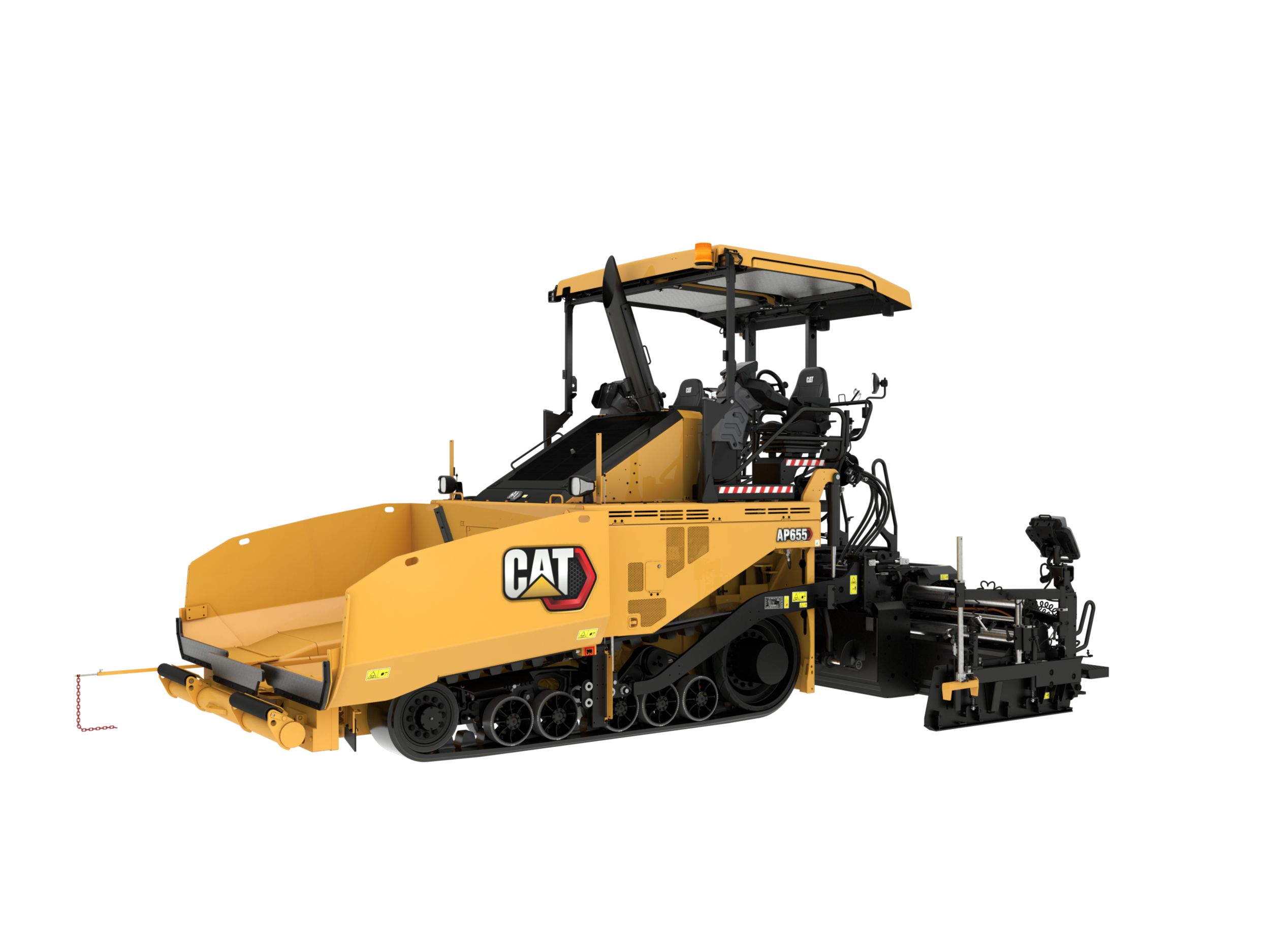Construction Equipment Rentals in Tuscaloosa AL: Everything You Need for Your Job Website
Construction Equipment Rentals in Tuscaloosa AL: Everything You Need for Your Job Website
Blog Article
Discovering the Financial Conveniences of Renting Building Equipment Compared to Owning It Long-Term
The choice in between possessing and renting building and construction equipment is pivotal for financial monitoring in the market. Renting deals instant cost financial savings and functional flexibility, allowing companies to allot resources extra effectively. Comprehending these nuances is crucial, particularly when taking into consideration exactly how they straighten with specific job demands and economic techniques.

Price Comparison: Renting Vs. Having
When evaluating the economic effects of leasing versus having construction tools, an extensive cost contrast is crucial for making notified decisions. The selection between owning and renting out can substantially impact a firm's profits, and understanding the connected costs is crucial.
Leasing building and construction devices typically includes lower ahead of time expenses, allowing organizations to assign resources to other functional needs. Rental contracts often consist of versatile terms, enabling companies to gain access to progressed machinery without long-lasting dedications. This flexibility can be specifically advantageous for temporary tasks or varying work. Nonetheless, rental prices can build up with time, potentially exceeding the expense of ownership if devices is required for an extended period.
On the other hand, owning building and construction equipment calls for a considerable first investment, along with ongoing costs such as devaluation, financing, and insurance coverage. While possession can cause long-lasting financial savings, it likewise links up resources and might not offer the same level of adaptability as renting. Furthermore, having equipment demands a dedication to its use, which may not always straighten with job demands.
Ultimately, the decision to rent out or possess must be based upon an extensive analysis of specific task requirements, financial ability, and lasting calculated goals.

Maintenance Expenditures and Duties
The selection between renting out and owning building and construction equipment not only involves monetary factors to consider however additionally includes continuous maintenance expenditures and duties. Having tools needs a considerable commitment to its maintenance, which includes regular examinations, repairs, and potential upgrades. These duties can promptly accumulate, bring about unforeseen costs that can strain a budget.
On the other hand, when leasing equipment, upkeep is usually the responsibility of the rental firm. This plan allows professionals to avoid the economic problem related to wear and tear, along with the logistical difficulties of organizing repair work. Rental arrangements commonly consist of arrangements for maintenance, indicating that professionals can concentrate on finishing tasks rather than stressing regarding tools condition.
Moreover, the varied range of tools offered for rent allows firms to choose the most up to date versions with sophisticated technology, which can improve efficiency and efficiency - scissor lift rental in Tuscaloosa Al. By opting for services, companies can prevent the long-lasting liability of tools depreciation and the associated upkeep migraines. Ultimately, reviewing maintenance expenditures and obligations is important for making an informed choice regarding whether to possess or rent out building equipment, considerably impacting total project prices and operational efficiency

Devaluation Influence On Ownership

A substantial variable to think about in the choice to possess construction equipment is the effect of depreciation on general possession expenses. Depreciation represents the decline in value of the devices with time, influenced by variables such as use, damage, and advancements in technology. As equipment ages, its market price decreases, which can substantially influence the proprietor's financial position when it comes time to sell or trade the equipment.
For building companies, this devaluation can equate to substantial losses if the equipment is not used to its maximum capacity or if it lapses. Owners need to make up depreciation in their financial forecasts, which can bring about greater general costs compared to renting out. In addition, the tax obligation ramifications of depreciation can be complicated; while it might supply some tax obligation benefits, these are typically countered by the fact resource of reduced resale worth.
Ultimately, the problem of depreciation highlights the value of understanding the long-term monetary dedication associated with owning building and construction tools. Companies need to meticulously evaluate how typically they will make use of the equipment and the potential monetary effect of depreciation to make an educated choice about ownership versus leasing.
Economic Flexibility of Leasing
Leasing building and construction devices supplies significant financial versatility, permitting companies to designate resources a lot more effectively. This flexibility is specifically vital in an industry defined by changing task needs and differing work. By choosing to rent out, organizations can prevent the considerable funding outlay required for buying devices, protecting capital for various other functional requirements.
Furthermore, leasing devices allows business to tailor their equipment choices to specific project requirements without the long-lasting dedication associated with possession. This suggests that organizations can conveniently scale their devices stock up or down based on awaited and existing job needs. As a result, this versatility decreases the risk of over-investment in machinery that might end up being underutilized or obsolete over time.
An additional economic advantage of renting is the capacity for tax benefits. Rental payments are typically considered general expenses, enabling for immediate tax reductions, unlike depreciation on owned tools, which is topped numerous years. scissor lift rental in Tuscaloosa Al. This prompt cost acknowledgment can even more boost a company's cash setting
Long-Term Project Factors To Consider
When examining the long-term requirements of a construction business, the choice between owning and renting out devices comes to be much more intricate. Secret aspects to think about include task duration, regularity of use, and the nature of upcoming tasks. For tasks with extensive timelines, buying devices might seem helpful because of the potential for reduced overall expenses. Nonetheless, if the equipment will not be made use of constantly throughout projects, having may cause underutilization and unneeded expenditure on insurance coverage, maintenance, and storage.
The building and construction industry is evolving rapidly, with new devices offering enhanced effectiveness and safety and security functions. This flexibility is particularly useful for services that take care of varied tasks requiring various types of equipment.
Moreover, monetary security plays an essential function. Possessing devices commonly requires substantial capital expense and depreciation problems, while leasing enables more foreseeable budgeting and money circulation. Eventually, the choice between renting and owning needs to be straightened with the tactical purposes of the construction organization, taking into account both expected and existing job demands.
Verdict
To conclude, renting out construction devices provides significant financial benefits over lasting ownership. The reduced ahead of time expenses, elimination of upkeep responsibilities, and evasion of depreciation add to improved cash money circulation and monetary versatility. scissor lift rental in Tuscaloosa Al. In addition, rental payments work as prompt tax obligation reductions, heavy equipment transport companies better benefiting contractors. Eventually, the choice to lease as opposed to own aligns with the dynamic nature of construction jobs, enabling for adaptability and accessibility to the most recent devices without the monetary concerns connected with ownership.
As equipment ages, its market value diminishes, which can significantly influence the proprietor's economic position when it comes time to trade the devices or sell.
Leasing building and construction equipment offers significant economic adaptability, enabling companies to allocate sources much more effectively.In addition, renting out devices enables firms browse around here to tailor their devices options to particular project demands without the long-lasting dedication associated with ownership.In final thought, renting building and construction equipment uses considerable financial benefits over long-term possession. Inevitably, the choice to rent out instead than very own aligns with the dynamic nature of building tasks, allowing for adaptability and access to the latest devices without the financial problems associated with ownership.
Report this page